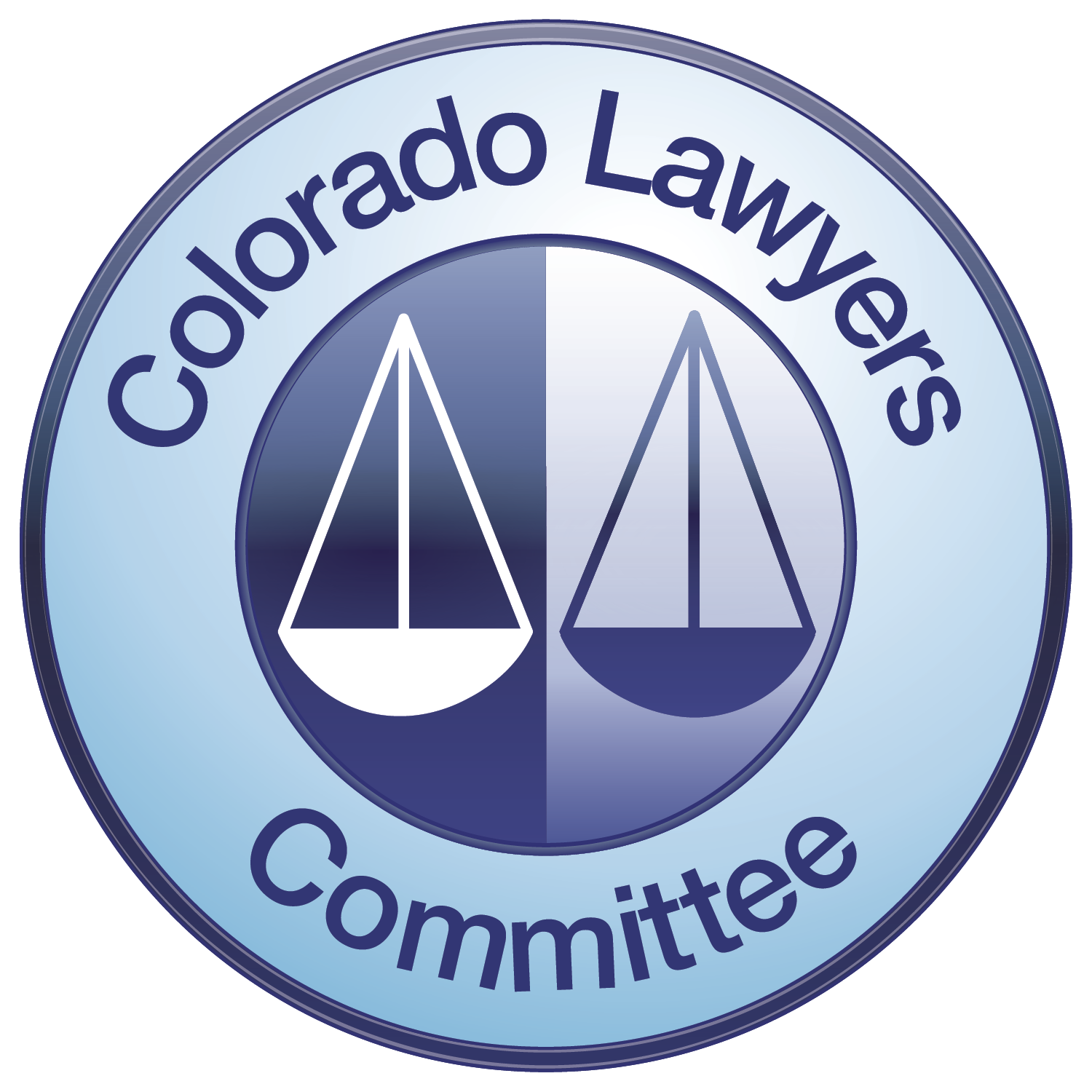CLC 2023 expulsion Pro bono project
In 2023, the Colorado Lawyers Committee created a pilot program to represent students facing school expulsion hearings.
School discipline issues—including repeated suspensions and school expulsions—increased significantly during the 2021-2022 school year. Nationwide and in Colorado, exclusionary discipline practices disproportionately burden students of color, students with disabilities, and LGBTQIA+ students. Schools can expel students for a broad variety of reasons. The general grounds for expulsion are outlined in C.R.S. Section 22-33-106. In the vast majority of situations, referring a student for expulsion is discretionary. Sometimes the choice to pursue expulsion of a student is based on highly subjective grounds, such as “continued willful disobedience.” Sometimes the grounds are more objective, such as alleged possession of a weapon or drug use. There is only one type of alleged misconduct (possessing a firearm at school) where expulsion is mandatory. Under state law, when a student is expelled from a school district, they can be legally denied enrollment in another public school district during the term of their expulsion. In other words, if a student is expelled from one school district, they may be effectively expelled from all districts in the state.
Procedurally, there are very limited protections for students who have been referred for school expulsion. Students have (1) a right to request an expulsion hearing, and (2) a right to present evidence. In practice, these hearings are very informal. The Rules of Evidence do not apply, and while due process is required, the threshold for meeting due process requirements is lower in expulsion hearings than in similar administrative hearings and far lower than in a routine criminal or civil proceeding. School districts routinely submit the full expulsion packet including numerous hearsay statements and without any sponsoring witness for the hearing officer’s consideration. Members of the CLC School Discipline Subcommittee report that students are often denied due process during these hearing: the decision maker is not neutral, the school presents no evidence or hearsay evidence only and the student is still expelled.
This pilot project has identified lawyers from eight Colorado law firms who will represent students in their expulsion hearings. At the conclusion of each case, the lawyer will report on the facts of the case. We expect that the information we collect during the pilot program will allow us to persuade public officials of the need for increased due process safeguards for students.
If you have any questions about the project, please reach out to Jennie Wray, Chair of the CLC School Discipline Subcommittee.
